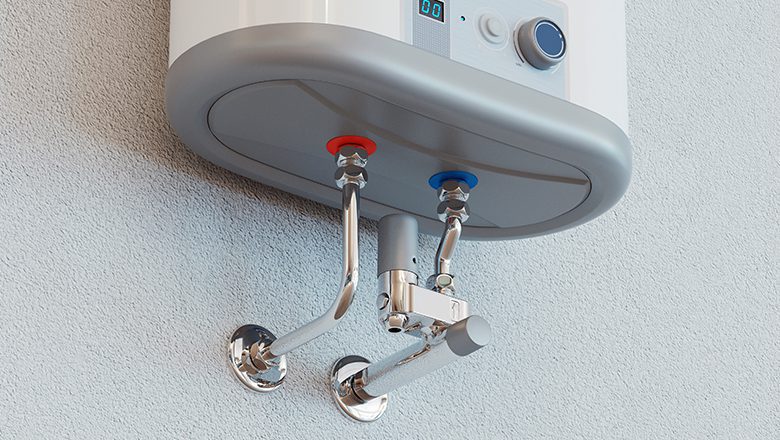Your water heater is crucial for your daily life since it provides hot water for a variety of home tasks. The buildup of silt and sediment can jeopardize the tank’s effectiveness over time, which could lead to several problems. It’s essential to regularly flush the system to ensure optimal efficiency and extend the lifespan of your water heater. This post examines five essential reasons for flushing your water heater.
Understanding the importance of routine flushing will allow you with the knowledge to preserve a dependable and effective heating system. This involves improving your system’s efficiency, avoiding costly replacements, and ensuring the quality of your hot water heater in Stanwood, WA.
How Does a Water Heater Get Sediment Buildup?
A natural process known as sedimentation can cause silt buildup in a hot water heater in Arlington, WA, over time. Minerals and other contaminants in the water might settle and create sediment at the bottom of the tank when it is heated. Calcium and magnesium minerals, as well as other trash and particles floating in the water supply, make up the majority of these sediments.
The sediment accumulates in the tank bottom when the water heater runs, generating a layer that grows thicker over time. The accumulation can have a negative impact on the heater’s efficiency and effectiveness in a number of ways. First of all, it serves as an insulating barrier between the heat source and the water, decreasing heat transmission and raising the amount of energy required by the hot water heater in Marysville, WA to achieve the desired temperature. As a result, the unit’s efficiency declines, increasing energy consumption and raising utility costs.
In the water heater, the accumulation of sediment may also result in other problems. The silt layer may restrict the flow of water, resulting in lower water pressure and slower delivery of hot water.
ALSO READ: 7 Signs Your Tankless Water Heater Needs Professional Attention
Furthermore, silt buildup inside the tank might hasten corrosion. The sediments serve as a haven for bacteria that can generate caustic byproducts. Corrosion can make the tank weaker, raising the possibility of leaks or even tank failure, which might cause serious water damage to your house.
It is critical to periodically empty the reservoir and get rid of the accumulated sediment to avoid these issues and ensure the best performance and longevity of your Tankless water heater in Arlington, WA. An ongoing supply of hot water in your house is ensured by routine maintenance, including cleansing the water heater. This serves to maintain its effectiveness and lengthen its lifespan.
ALSO READ: Tankless Water Heaters: Space-Saving Solutions for Small Homes
Signs That Your Water Heater Needs Flushing
There are a number of warning signals that your Hot Water Heaters in Marysville, WA, may require cleansing.
First, sediment buildup that reduces the water heater’s efficiency may cause reduced hot water flow or longer heating periods. Another sign of sediment in the hot water tank is if you notice murky or discolored water coming from your hot water faucets.
Bacteria may flourish in the sediment, which can also cause unpleasant odors like a rotten egg smell, indicating the need for flushing. Additionally, peculiar popping or rumbling sounds come from the water heater while it’s running point to silt buildup.
It is advised to immediately flush your Hot water heaters in Stanwood, WA if you see any of these symptoms to maintain its performance.
Frequency of Water Heater Flushing
The frequency of tankless water heaters in Arlington, WA, flushing can be by several variables, including water quality, usage trends, and water heater type. In order to remove sediment buildup, it is usually recommended to cleanse the water heater at least once every year. However, more frequent cleaning can be required if you reside in an area with mineral-rich water and notice decreased efficiencies, such as a slower delivery of hot water or increased energy usage. The best cleansing frequency for your particular water heater can be determined by consulting the manufacturer’s instructions or asking a licensed plumber for guidance.
When to Call a Professional Help for Water Heater Flushing?
While flushing a water heater is frequently a do-it-yourself project, there are times when it is advisable to contact a professional. It is advised to seek the help of a qualified plumber if you lack experience doing maintenance duties or run into difficulties while carrying them out. Our team of knowledgeable experts at Dapper Plumbing can evaluate the situation, offer knowledgeable guidance, and make sure that your water heater is flushed properly and safely, restoring your system to peak efficiency. Contact Dapper Plumbing for dependable help with your water heaters.







